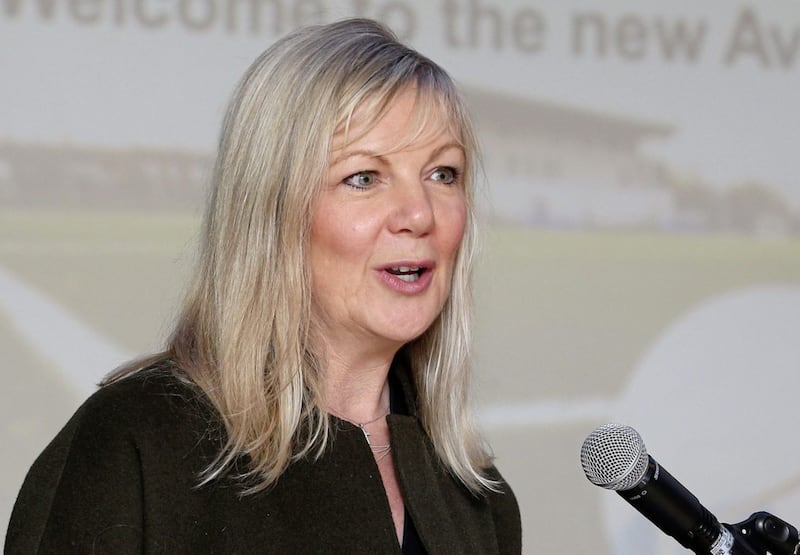“We have been lobbying for the Long-Term Plan for Towns to extend to Northern Ireland, so we;re delighted that Derry and Coleraine are set to benefit from this fund. Raising the VAT registration to £90,000, freezing fuel duty and extending the UK Recovery Loan Scheme are all welcome announcements for our members. We will also be seeking more detail from the Government on the £150m Enhanced Investment Zone proposal and how it will focus on areas of Northern Ireland that have had historical underinvestment” - Glyn Roberts, chief executive of Retail NI.

“The Chancellor focused on classic Conservative ideals of lower taxes and solving problems through efficiency rather than funding.The Budget was short on good news for trade and investment, but some sectors such as clean energy and film & TV production will be pleased” - Gareth Hagan, OCO Global chief executive
“The Budget is a huge disappointment for business owners in the hospitality sector. We hoped to see more economic levers pulled to support this struggling industry, and without it, more communities are at risk of losing their pubs and restaurants that not only contribute to the local economy, but are social hubs of our cities, towns, and villages. Businesses in England will receive significant relief on their business rates until 2025, so it’s jarring that any Barnett Consequential of this was not passed on to us for this year” - Colin Neil, chief executive of Hospitality Ulster.

“Although it was a relatively low-key Budget, it was very voter centric, with people seeing more income in their pockets between the national insurance cut and reform of the child benefit charge. This will be topped up with the fuel duty freeze when it comes to filling up their car at the fuel pumps. There wass good news for savers” - Lorraine Nelson, tax partner at BDO NI.
“While the Chancellor’s words were plentiful, they did not add up to a lot of business growth – despite how he tried to frame them. Even the headline-grabbing ‘one more thing’ part of the budget was the well-trailed cut to employee national insurance contributions” - Andrew Webb, chief economist at business advisory firm Grant Thornton NI
“This was a Budget aligned with our expectations. There were no significant announcements for businesses, but smaller organisations will welcome the increase in the VAT registration threshold to £90,000 from April, which will ease administration and costs. While not as impactful as the rumoured reduction to the headline income tax rate, there were numerous other personal tax announcements targeting the working population” - Aine O’Hare, tax lead partner and international business lead for PwC NI
“Despite fiscal pressures, we had hoped to see more significant pledges which would tangibly support business and stimulate sustainable economic growth. Our member businesses face a challenging environment when it comes to costs and access to labour and this budget does not sufficiently tackle these issues head on” - Suzanne Wylie, NI Chamber chief executive

“This was a Budget broadly focussed on individuals rather than businesses – not unexpected given we’re in an election year – with many of the measures aimed at leaving people feeling like they have few more pounds in their pockets. The expansion of support for the creative industries is positive, but the overall impact of the statement for businesses in Northern Ireland is likely to be muted”- Aisléan Nicholson, tax partner at Deloitte NI.
“There are a number of changes announced in relation to UK property taxes, a key measure being the reduction in the top rate of capital gains tax (CGT) to 24% which was previously 28% for disposals of any residential property, other than a home. The move is designed increase property transactions and boost supply in the housing market” - Johnny Hanna, partner in charge of KPMG in Northern Ireland.








